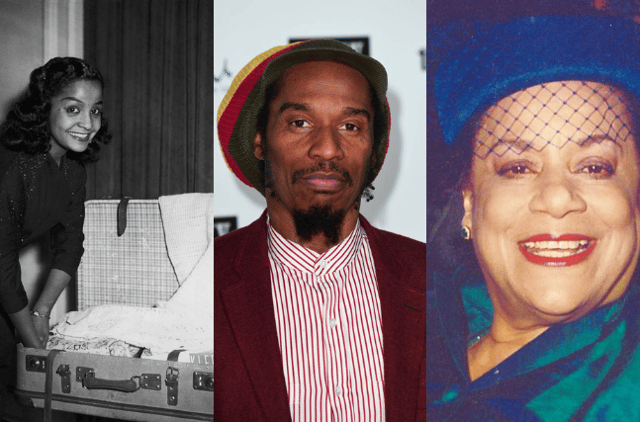Windrush Day commemorates the arrival of the HMT Empire Windrush in Britain, with more than 800 passengers from the Caribbean on board - the ‘Windrush generation’.
This year’s Windrush Day marks 75 years since the arrival of the Windrush, and there are many events honouring the occasion. Windrush Day occurs on June 22 every year and celebrates the cultural and societal contributions made by the migrants from the Caribbean community that made Britain their home.
It is estimated that around 500,000 people living in the UK are part of the Windrush Generation, who arrived between 1948 and 1971.
They arrived not only seeking work, but also the promise of a better life in Britain. However, whilst jobs were plentiful, for many the experience of assimilating was fraught with hostility, intolerance and racism.
In 2018, the Windrush scandal came to light, which saw at least 83 British-Caribbeans wrongly deported from the UK by the Home Office, which adds further hurt to their story.
To mark the 75th anniversary of the arrival of the Windrush, we’ve taken a look at some notable figures and descendants from that generation, many of whom have campaigned for better rights for migrants (both first and second generation) from the Caribbean community in the UK.
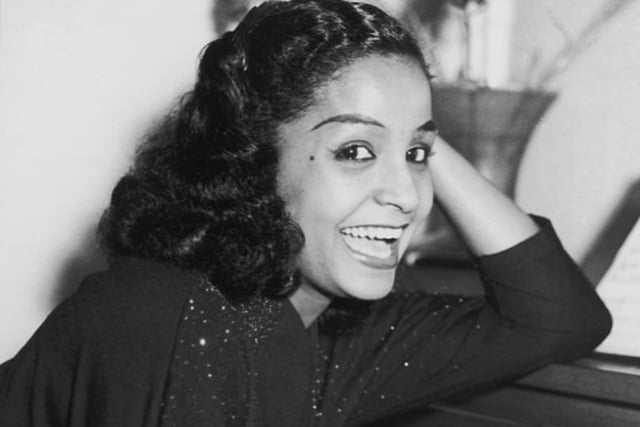
1. Trinidad-born singer Mona Baptiste (1928-1993)
Just before her 20th birthday, Mona Baptiste boarded the HMT Empire Windrush, arriving in England on June 22 1948. She was one of just a few women on the ship, and travelled first class, along with other musicians including Lord Kitchener. A few weeks after arriving, she appeared on the “BBC Light Programme” - a major radio station, helping to launch her career in the UK. She became a guest vocalist for some of the leading artists of the day. And she performed for elites at Qualingo’s restaurant, whose clientele included Princess Margaret. She was largely popular from songs such as “Calypso Blues” and “There’s Something in the Air”. She also acted in multiple musical films, including Dancing in the Sun.
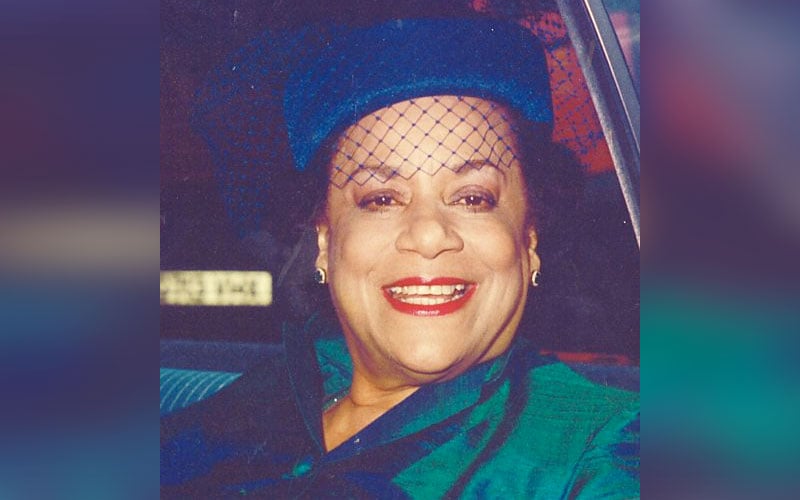
2. Dame Jocelyn Anita Barrow DBE (1929 – 2020)
Jocelyn Barrow was born in Trinidad and Tobago and travelled to the UK in 1959 to study a postgraduate degree at University of London. She was one of the founders of the Campaign Against Racial Discrimination, and her work has encompassed broadcast, healthcare and housing. She was the first black woman to be a governor of the British Broadcasting Corporation (BBC) and was founder and Deputy Chair of the Broadcasting Standards Council. She was an activist and even persuaded the retailers of Oxford Street to let people of colour work on the shop floor as opposed to the stock-room where they had previously been working.
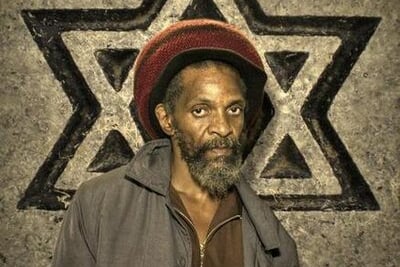
3. Jah Shaka, also known as the Zulu Warrior, (1948 – April 2023)
Jay Shaka moved to London from Jamaica as a child in the late 1950s as part of the Windrush generation. By the late 1970s, Shaka’s sound system had developed a cult following; he starred as himself with his system in the 1980 film Babylon. Non-reggae artists such as Basement Jaxx have cited Jah Shaka as being their best night out ever. Jah Shaka events were renowned for attracting a wide audience from all backgrounds, races and ages. His dances attracted numbers previously thought unthinkable for this genre of music.
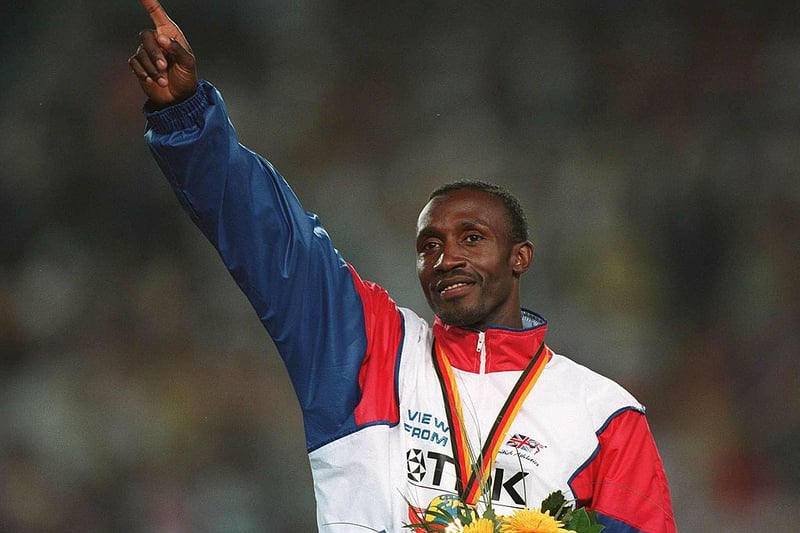
4. Linford Christie, Olympic gold medalist
Christie was born in April 1960 in Saint Andrew, Jamaica, where he was brought up by his maternal grandmother. At the age of seven he joined his parents, who had emigrated to Acton, London, England, five years before. He is the only British man to have won gold medals in the 100 metres at all four major competitions open to British athletes: the Olympic Games, the World Championships, the European Championships and the Commonwealth Games.
